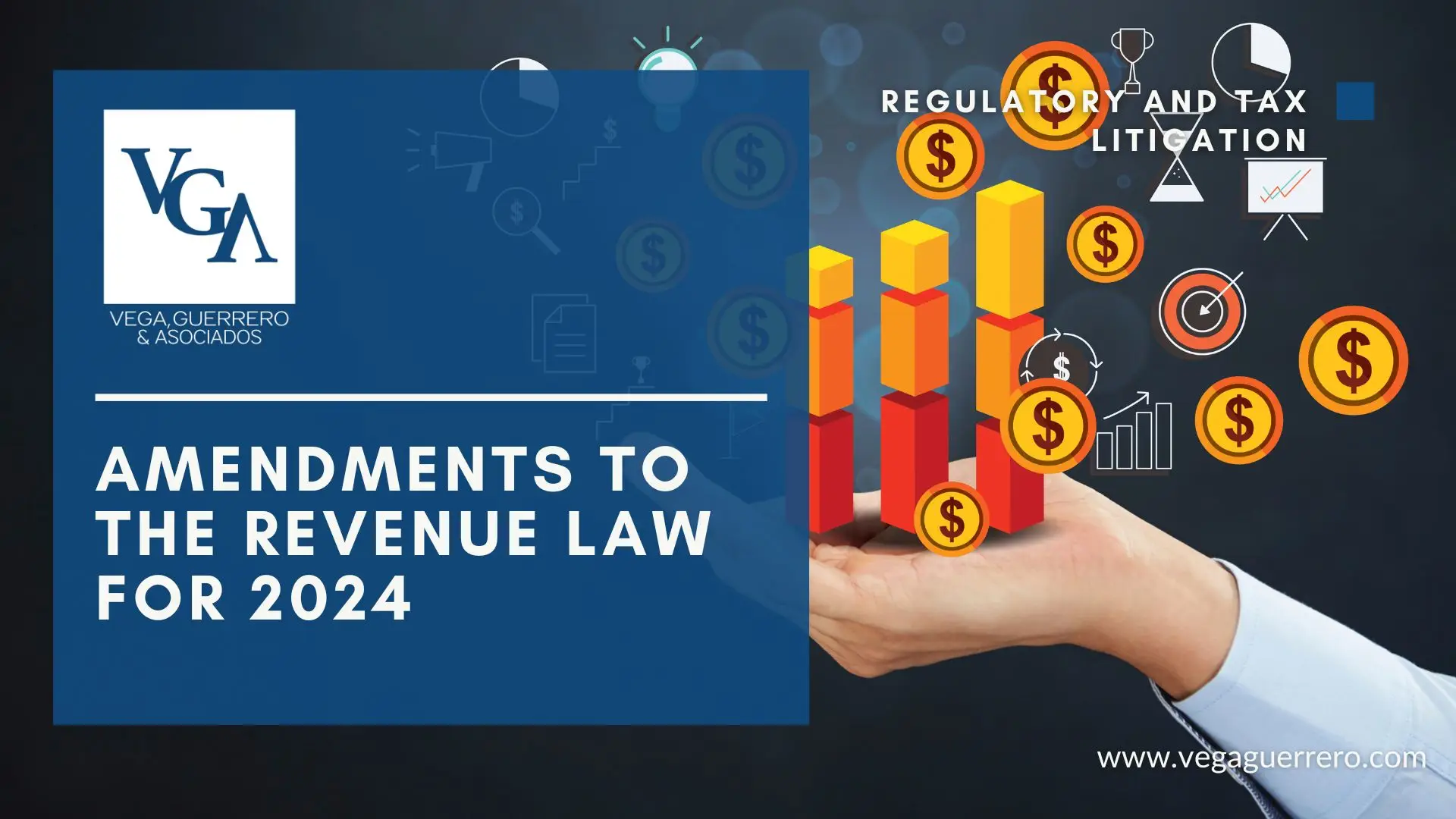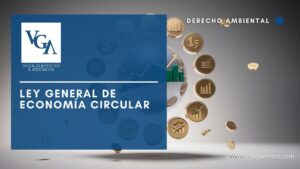One of the indicators with which it is possible to get an insight into the changes and amendments in economic and tax matters that we can expect in the coming year is the announcement of the Revenue Law. For this upcoming year, said release came at the beginning of November, which is why it is relevant to point out some of the most relevant aspects that the study of this Law brings to light for this next year, 2024.
The release of the Federal Revenue Law for the Fiscal Year 2024, reveals the expected increase in tax collection, which is set at 58 billion pesos more than expected in 2023, representing a growth of 0.8%. In general, it is indicated that for 2024, there will be a prioritization of areas such as health, security and education. This is consistent with the clear trend of social investment of the current government.
Specifically, it is important to point out that, in relation to tax credits, the surcharge rate is maintained at 0.98% per month on the unpaid balance, and the moratorium rate is maintained at 1.47% per month. The law states that extensions have been established for the payment of tax credits, varying the monthly rate according to the term: 1.26% for up to 12 months, 1.53% for more than 12 up to 24 months, and 1.82% for payments over 24 months or deferred payments.
In addition to the above, other relevant aspects are that the withholding rate established for the payment of income tax interest was set at 0.50%. Likewise, the reduction of 50% or 60% of the amount of the fine for tax violations not related to the payment is maintained.
In connection with the tax incentives in federal matters, we highlight the one related to the crediting of the IEPS for diesel and biodiesel fuel in the case of taxpayers with income of less than 60 million pesos. Likewise, the application for IEPS refund for the importation and acquisition of diesel fuel specifically for forestry and agricultural and livestock activities.
Similarly, taxpayers in land transportation with income of less than 300 million pesos may credit up to 50% of the toll expenses against the income tax, as well as an incentive in the crediting of the IEPS quote on fossil fuels not destined for combustion, and mining concessionaires with income of less than 50 million pesos may credit the payment of the special mining tax against the income tax.
In general, it can be seen that the Federal Revenue Law for the Fiscal Year 2024 contemplates relatively slight changes, so in general it is expected that the collection activities at this federal level will remain relatively the same as it was handled in 2023. At Vega, Guerrero & Asociados, we can provide the necessary information and advice on federal, state and local tax matters, as well as structure the respective legal defense in relation to fines and/or verification faculties carried out by the authorities.




